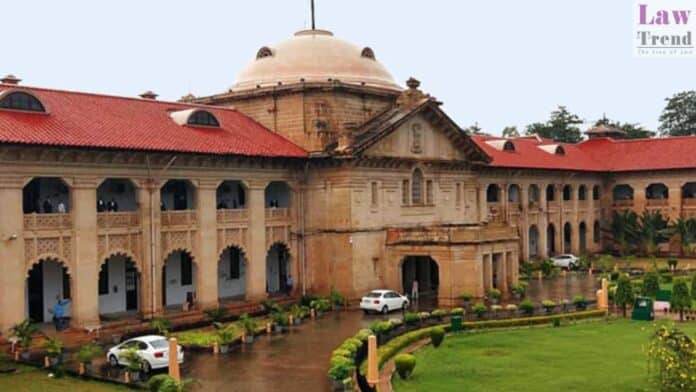In a recent hearing, the Allahabad High Court expressed its disapproval towards the Uttar Pradesh government for not disbursing annual funds to nine temples in Mathura and Vrindavan, including the prominent Thakur Rangji Maharaj Virajman Temple, for the past four years. The court has demanded a response from the state government by asking for an affidavit regarding this matter.
During the hearing, the High Court issued a notice to the Secretary/Commissioner of the Revenue Board, mandating their presence. The subsequent appearance of the Revenue Board’s Secretary/Commissioner in court led to a stern inquiry by the bench regarding the halted payments to these temples for the past four years.
The court critically remarked on the attitude of the officials, stating, “You are not kings or royalty, but government servants, and should act accordingly.” The bench emphasized that the annual grants intended for the temples are taxpayers’ money and not personal funds for officials to withhold as they please.
The bench, expressing astonishment, questioned why if the government can ensure the timely disbursement of salaries to its employees on the first of every month, the same principle should not apply to the temples’ annuities. The filing of the petition by Thakur Rangji Maharaj Virajman Temple and eight other temples underscores the dire situation where religious institutions are compelled to seek judicial intervention for their rightful dues.
Also Read
The court labeled the process as standard procedure, stating that with the current budget allocations, the funds should seamlessly transfer from the government treasury to the temple accounts. The authorities were urged to make appropriate arrangements to this end.
This hearing, presided over by Justice Rohit Ranjan Agarwal, follows a previous court directive ordering the government to release the funds. The High Court’s stance reflects the critical need for transparency and efficiency in managing and disbursing public funds, even when it concerns religious institutions.




